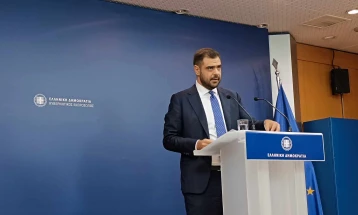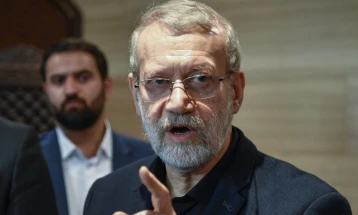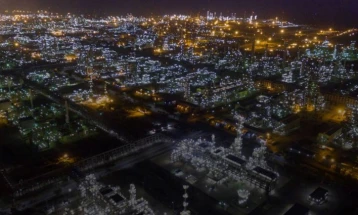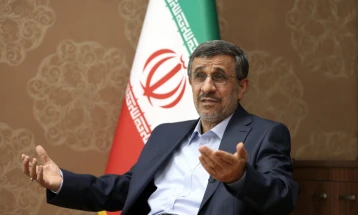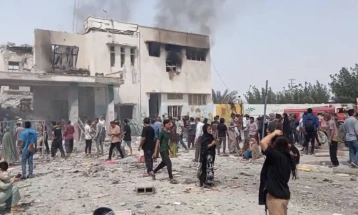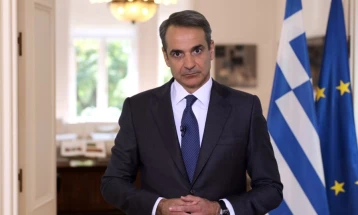Shehbaz Sharif becomes Pakistan’s new prime minister
- Pakistan on Sunday elected Shehbaz Sharif as the country’s new prime minister, weeks after national elections that were marred by allegations of rigging and manipulation.
- Post By Ivan Kolekevski
- 14:11, 3 March, 2024
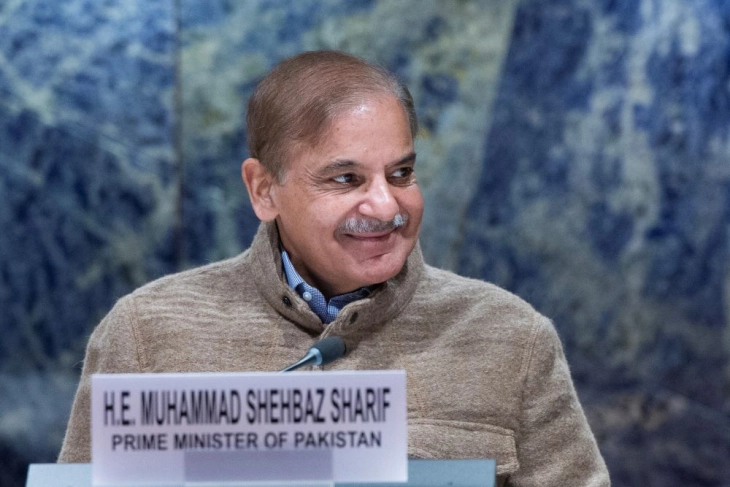
Islamabad, 3 March 2024 (dpa/MIA) – Pakistan on Sunday elected Shehbaz Sharif as the country’s new prime minister, weeks after national elections that were marred by allegations of rigging and manipulation.
“We will change the fate of Pakistan,” Sharif said in his victory speech, amid protests by supporters of jailed leader Imran Khan against his appointment.
Lawmakers from Khan’s Pakistan Tehreek-e-Insaaf (PTI) were carrying portraits of the jailed leader and shouted “vote thief” during Sharif’s speech.
He asked the protesting opposition leaders for input on the economy and reconciliation and said, “let’s face the challenges [the nation faces] together.”
Pakistan's new leader faces a series of daunting challenges from fixing the faltering economy to balancing relations with the nation's long-term ally the US as well as its emerging partner China.
In his speech, Sharif touched on these major issues and outlined his plans to address them.
He also spoke about equal rights and opportunities for women, climate change, trade and investment, terrorism and foreign relations.
“We are not part of any great game,” Sharif said of his foreign policy plans that include visa-free entry for friendly countries.
Sharif, a joint candidate put forward by at least six political parties, thanked his allies for their support.
Sharif secured 201 votes, compared to his opponent who was backed by Kahn’s PTI and received 92 votes, in the 336-member National Assembly.
The PTI alleges that the results were manipulated, depriving the party of its share of seats.
The president of Pakistan Muslim League-Nawaz (PML-N) and younger brother of three-time former prime minister Nawaz Sharif was elected for the second time.
In 2022, he replaced Khan and led a coalition government for around 16 months, in a stint that led to widespread criticism.
At the time, Sharif was leading a coalition government of more than 10 parties. When he took up the post, the nation was on the brink of default and Sharif's government sought a bailout package with the International Monetary Fund.
That proved unpopular, with tough conditions leading to high electricity and gas prices and record inflation levels.
Despite accusations of failure, Sharif argued that he took unpopular decisions to protect the country from default, sacrificing his political reputation in the process.
The February 8 elections in Pakistan, a coup-prone nuclear power, were marred by allegations of rigging, suspected military meddling and sporadic violence in the run-up to the polls.
Khan's party has already launched street protests against the alleged rigging, suggesting continued political instability.
Photo: dpa
